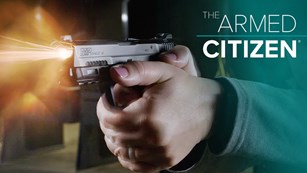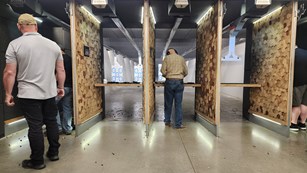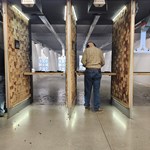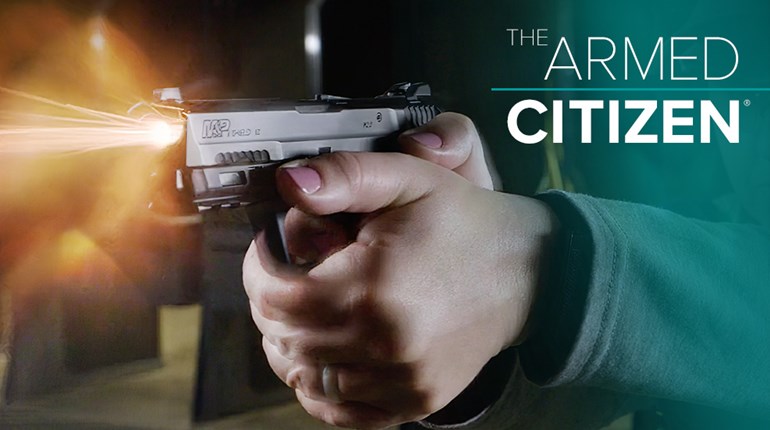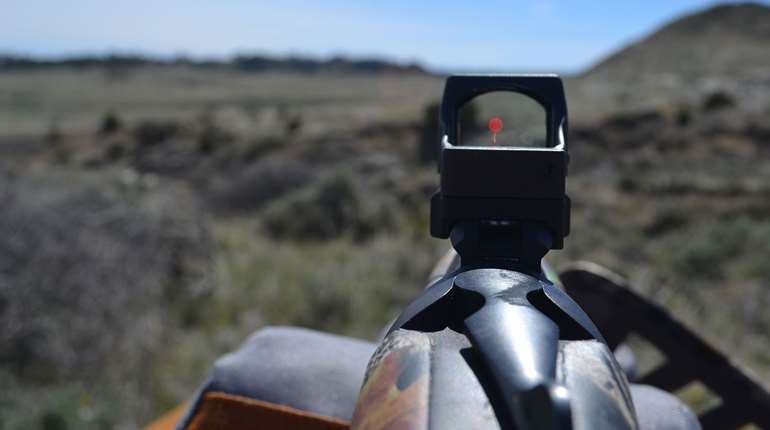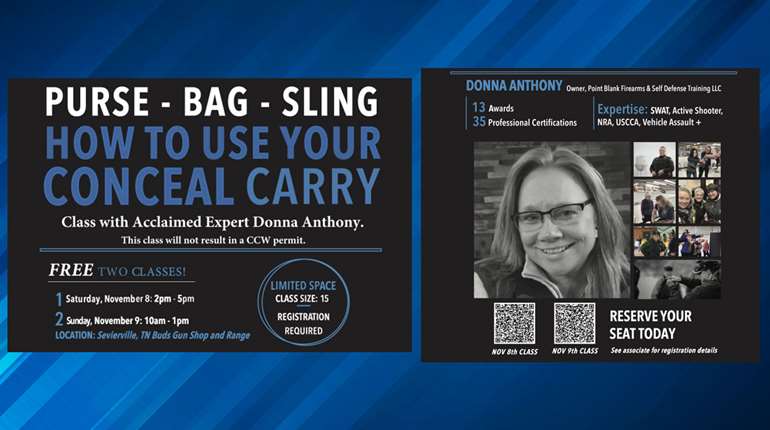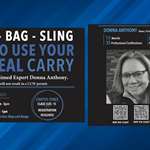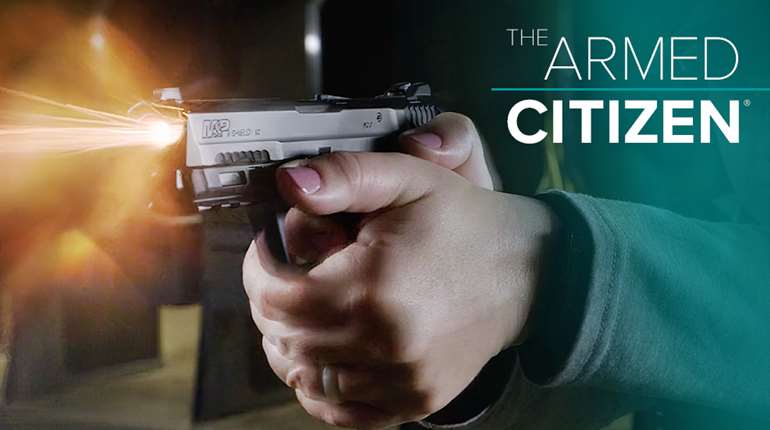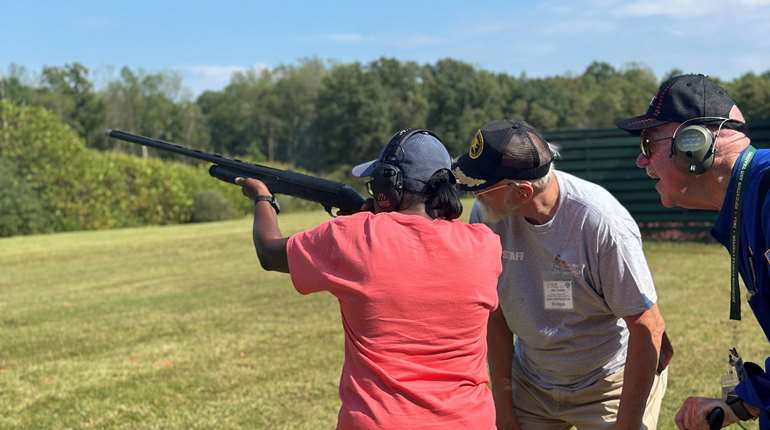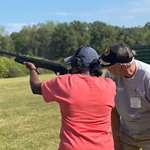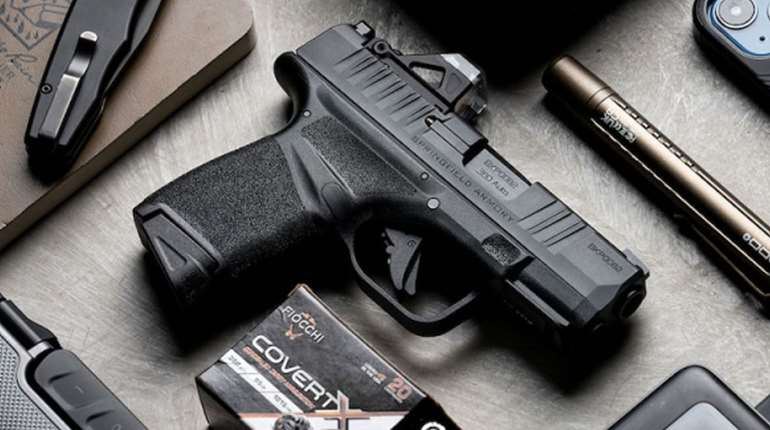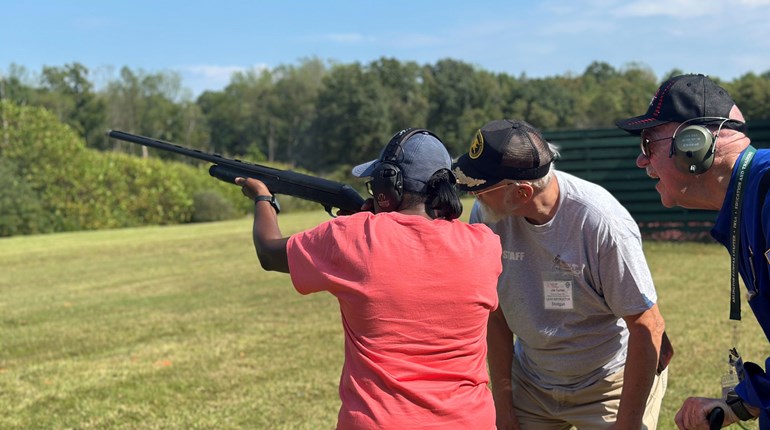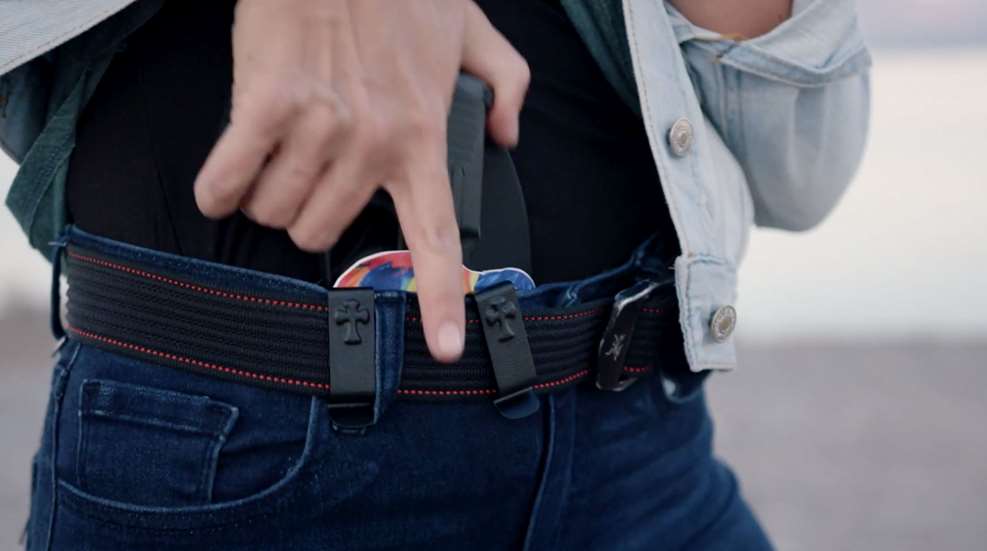
In the concealed-carry community, we talk about self-defense a lot, but it’s almost always in general terms. We use the phrase “defend yourself” and we all kind of know what it means, but the details are never brought up. That’s because, frankly, they’re really uncomfortable.
In order to successfully defend yourself against an attack on your person or on someone else, you need two things: capability and capacity. What does that mean?
Capability
Capability is the physical ability to defend yourself. As humans who consider ourselves toward or at the top of the food chain, we’re not all that physically impressive as far as defenses go. We don’t have the fangs of a wolf, the claws of an eagle, the brute strength of a gorilla, or the sheer size of an elephant. We’re really pretty squishy, soft and defenseless when you think about it, so we don’t have a lot of capability for defense. Our defense is all in our brain, which allows us the ability to create and use tools, including defensive tools.
For personal defense, the most effective tool we have at our disposal is the firearm. Capability isn’t necessarily baked into the firearm—if you don’t know how to use it, you’re still not capable of defending yourself—but we call firearms “the great equalizers” for a good reason. If you have a firearm and know how to use it properly, you have the capability to defend yourself against a predator.
Capacity
If capability is the physical ability to defend yourself, capacity is the emotional ability. Having a proper self-defense tool and knowing how to use it gives you the capability, but if you can’t actually go through with the act of pulling the trigger when you’re under attack, you don’t have the capacity. The gun does you no good if you’re not willing to use it.
It’s very easy to overlook this aspect of self-defense, but don’t make the mistake of dismissing it. Most of us spend all of our training and mental energy on the capability part and take the capacity part for granted, but the truth is, you need to sit down and go through some serious mental exercises to sort through the emotional aspect of using deadly force in defense of your own life or someone else’s. It’s important to think through these things while you’re calm and not in danger, because there won’t be time for hesitation later.
Contemplate some questions you can’t possibly know the answers to until you’re in the situation, but which you should think about nonetheless. What would it be like to physically take someone’s life, no matter how justified? How might you feel in the moment? How might you feel the next day and the next month? What would you do in the immediate aftermath, when you’re dealing with bodily fluids, ringing ears, maybe a growing crowd, and a dead or wounded or dying bad guy as you’re waiting for the police to respond? We never discuss this because it’s a terrible reality no one wants to think about, but you need to be emotionally prepared for all the physical mess involved in self-defense. That’s capacity.
And it goes deeper. Defending yourself with a firearm is at least hands-off, which gives us a bit of emotional (and physical) distance from the self-defense act. What if you’re in a gun-free zone and you have to defend yourself with a knife? A golf club or baseball bat? A chair? A can of pepper spray? A rock? A pair of scissors? Your bare hands? Let’s face it—as women, we’re physically outmatched by most attackers. Even when you’re smaller and perhaps weaker, could you at least attempt to go hands-on with a predator and inflict damage? Or are you too intimidated and afraid? It’s 100 percent normal if you are, by the way.
Take it to the detail level. Assuming you’re capable (i.e., you’re strong enough and you’re close enough), do you emotionally have what it takes to slash someone with your pocketknife and deal with the physical mess that causes? To stab a would-be kidnapper in the neck with a pen? To press your thumbs into the eye sockets of an attempted rapist and dig in for all you’re worth? What happens if your attempt succeeds?
I know. It’s gross. It’s uncomfortable to even think about, and it’s uncomfortable for me to write about. I’m not sure I even have the capacity to do that myself, to tell you the truth. But change the equation a little bit—what if your kids are around? What if they’re the ones being threatened? Does your emotional ability to perform absolutely any savage act necessary to save them suddenly go up? For many of us, the answer is probably yes. That’s the vicious-when-she-needs-to-be, protect-at-all-costs, no-fear-in-the-moment mama bear instinct deep down inside of you that you need to tap into. That’s capacity.




